Hide and Seek: How Perfection Kills Success
While on holidays in early July, I watched our group of 3-5 year olds playing hide and seek. They were having a ball because each of them is learning to count so being the seeker was their chance to show everyone how high they could count, because the thrill of the chase is invigorating, and because the risk of getting caught (found) adds an element of excitement.
What I found consistent while watching these children play was how all of them, no matter how long the “seeker” counted, kept moving from one hiding spot to another. Yes, these are small kids, aged 3 to 5; yes, they are too young to grasp the strategic concept of the game; yes, they were actually hoping to get found. It appeared as though they would hide, then identify a spot that looked better, so they’d leave their first hiding spot to go to another. Once there, they’d realize that it either wasn’t as good as it looked, or that they see yet a better hiding spot elsewhere. And the cycle continued until the seeker was done counting.
The point is not meant to be critical because it applies to older kids who do understand the strategy of hiding stealthily so that the seeker can’t use his other senses to pick up a hint where the hiders might be. Either by making noise while hiding, or by wasting their precious lead time looking for the ideal place to hide, they often leave themselves vulnerable by trying to find the perfect hiding spot.
These children were exhibiting a behavior that we, as adults, emulate far too often. We regularly short-change ourselves by seeking perfection, or our personal idea of it; we jeopardize success in the now because we we see something that we “think” is better.
The young children playing hide and seek spent their entire hide time, while the seeker counted, their entire hide time was spent moving from spot to spot, often giving up a great hiding spot for a poorer one. The older kids playing hide and seek waste their hide time by trying to find that perfect spot that no one has thought of, and when they can’t find it by the time the seeker announces “Ready or not, here I come,” the hiders are usually not ready and end up settling for a terrible hiding spot just so that they actually hide and aren’t caught just standing there in the open…
How does this apply to you or your business?
- How much time over the winter is spent researching the “perfect” seed variety to grow?
- How much time is invested into monitoring equipment prices and inventories to feed the desire of owning a seed tool (sprayer/tractor/combine) which might be “that much better” than the one on farm now?
- How much time is spent in frustration thumbing through all the resorts available to choose from in the Caribbean so that your winter vacation will be “perfect?”
Direct Questions
Is there more analysis put into short term decisions than long-term or even permanent decision?
(It took 3 months to decide what canola to seed…but we’ll just expand that bin yard over there!)
Is there more analysis put into what we find fun and less into what we don’t enjoy?
(I know precisely how many combines like mine are for sale in Manitoba right now, but I haven’t bothered to consider if I could reduce my interest rates.)
Have you passed by a really good hiding spot because you were trying to find the perfect one?
From the Home Quarter
“Paralysis by Analysis” is a not so old adage that I lean on regularly. It is a challenge for detail guys like me because we want to be sure we’ve got everything right and in place before we take the next step. “Paralysis” because sufferers never take the next step; they justify their inaction because the “analysis” isn’t complete. News Flash: it is never complete!
I have made great strides in shucking that condition. It pokes its head out occasionally…I treat it like “Whack-A-Mole!”
Your farm will succeed if your canola variety yields 3 bushels less, but stands better than the other variety you desired. Seeking a marginally better sprayer probably won’t make enough difference in your overall profitability to cover the added cost. And take the damn vacation…you deserve it, you’ve earned it! Stressing over picking the “right resort” kills part of the fun. It’s like trying to pick the juiciest apple on the tree by looking at them from the ground.



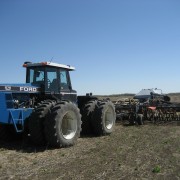
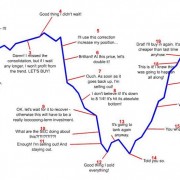
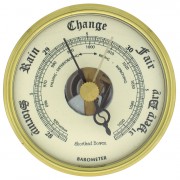


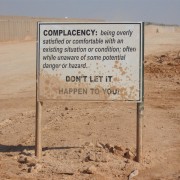
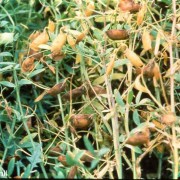


Leave a Reply
Want to join the discussion?Feel free to contribute!